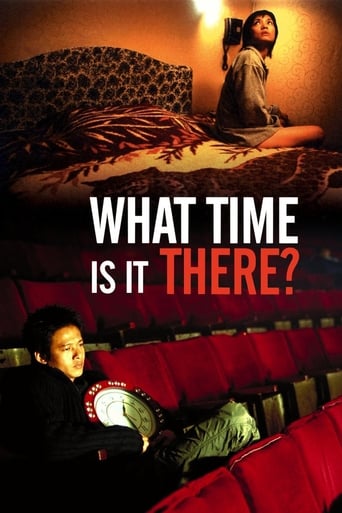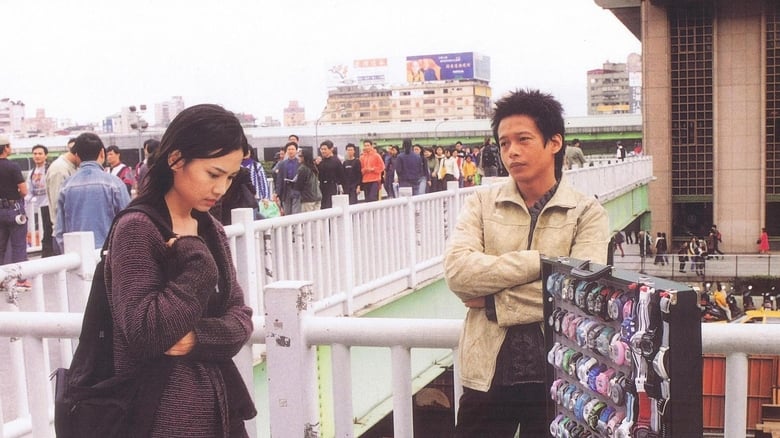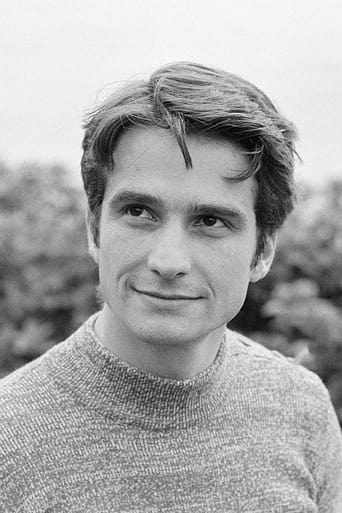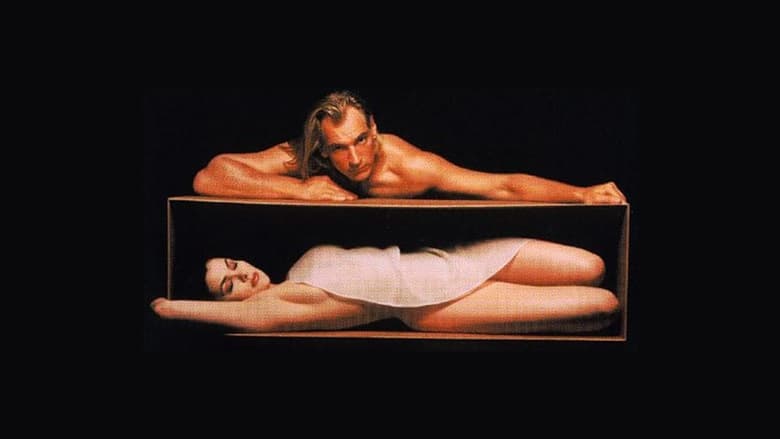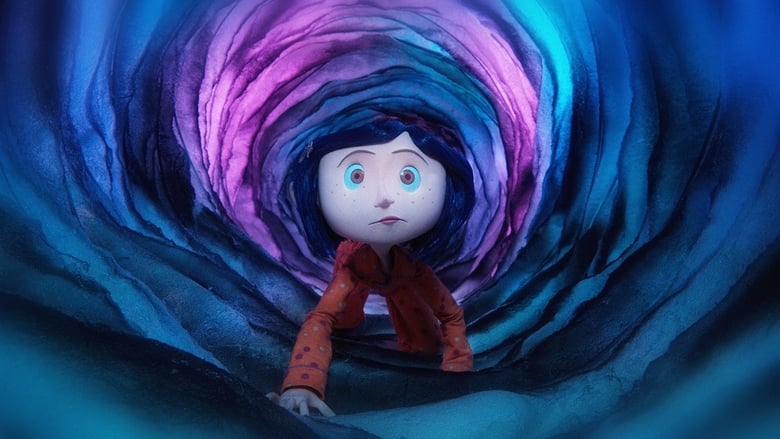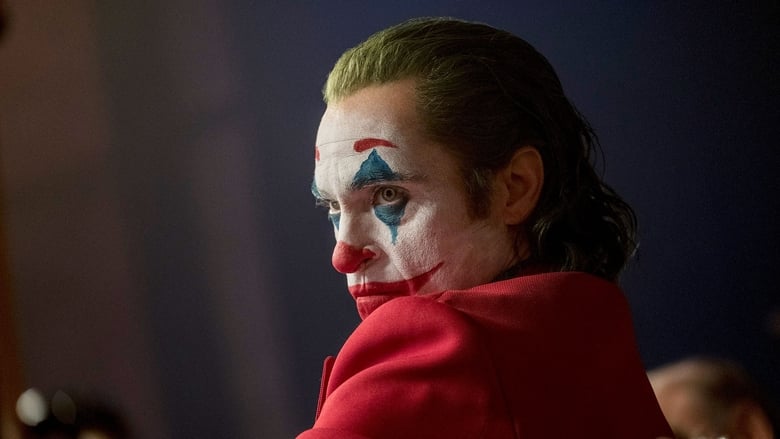When a young street vendor with a grim home life meets a woman on her way to Paris, they forge an instant connection. He changes all the clocks in Taipei to French time, as he watches François Truffaut's Les 400 Coups; she has a strange encounter with its now-aging star, Jean-Pierre Leaud.


Reviews
"What time it is there?" is a very wonderful film. Threat about loneliness and how slow pass the time without nobody. But is also a chant to hope, to take a chance, whatever, and don't leave it to escape that boring live who eats us inside and outside, to keep the hope for living.Incredible work as the world as one, idea with iam agree, because loneliness is loneliness everywhere, in Taipei or Paris, and can be suffered for whites, blacks, asians, ..., like other illness, because all of us are the same, human beings, good reason include different races in some shots. Somethings don't understand bout races.Ming-Liang's direction is amazing, with very long shots without movement talking us about the slowly and boring life of the characters, helped by an extraordinary photography working depth with it and characters movements in it.Finally, recommend this film everyone because its class of cinema and its good story. 9/10.
No lengthy review from me this time, just a very small personal musing, as I'm in a melancholy mood, because it's Christmas...Funny how movies can connect. Like lives sometimes do, I suppose. The oddball male protagonist of "What time is it there" watches Truffaut's "Les Quatre-Cents Coups", as a way to somehow connect himself to the girl who is obviously the girl of his dreams, even though he's only barely met her, when she bought his watch before going away to Paris. He also, of course, sets all the clocks in his house, and all other clocks he can get his hands on, to Paris time, prompting his mother to think that the ghost of her dead husband has returned. The watch can show two different times at once, and the girl want to be able to see Taipei time as well as Paris time, to keep herself connected to her own country whilst abroad.In one scene in "Les Quatre-Cents Coups", the two rebellious boys steal a movie poster outside a theater. The poster (look carefully, or you'll miss it) shows Harriet Andersson in a famous pose from Bergman's "Summer with Monica". Another connection. I don't know if it means anything.This year, I gave my ex-girlfriend all three movies - "What Time is it There", "Les Quatre-Cents Coups" and "Summer with Monica" - for Christmas. I guess it was an attempt to connect myself back with her. We always shared a love of movies, Bergman in particular, and I think I wanted to tell her something. Perhaps that sometimes lives and the common themes in them stick together and connect across oceans, across time, across our personal universes, in ways that can be hard to recognize, but that are impossible to deny.Well, in any case, I don't think she picked up on it. She's still my ex-girlfriend, she's still away in some far-off land, and I'm still here alone and pretty much miserable. I'm still glad that I gave her those three movies, though. It's only right that she should have them, too, as she still has my entire DVD collection.I guess I didn't pay enough attention to the fact that in all three movies, human connections ultimately fail or break down. The two boys in "Les Quatre-Cents Coups" are broken out of their doomed youthful rebellion and torn apart by society and the pressures of the world. In Bergman's film, Monica abandons Harry by her own volition and leaves him heartbroken (like I am now) because she is to much of a dionysiac to deal with an ordered, adult, appolinian life. In "What Time is it There", there's hardly any initial optimism to destroy. Every person is an island from the outset, and when they long for connectedness, it's in a silent, subdued way, like their hearts have already been broken in advance and they are only going through familiar motions by some force of habit, but without real hope. The girl attempts a lesbian affair that fails as soon as it's initiated. The boy takes out his frustration in an impersonal encounter with a prostitute. The mother is last seen in a heartbreaking masturbation scene that more than anything else seems like sex with a ghost.In one celebrated scene, the girl meets Jean-Pierre Leud, who played the lead role in "Les Quatre-Cents Coups", in a Paris cemetery. He is now a middle-aged man. He's a ghost as well, the ghost of the boy in Truffaut's movie, that another boy is compulsively watching in Taipei while thinking of the girl, who in return hardly knows that he exists. She doesn't recognize him. He gives her his phone number and tells her only his first name. She just seems to think he's some nut case. Nothing comes of it. That is all. Connections attempt to be made. They fail completely.At the very end, of course, the ghost of the dead father and husband does indeed materialize itself. However, it is not to the wife and son in Taipei, but, mysteriously, to the girl in Paris. She doesn't see him. She is asleep in a chair in a Paris park. Perhaps she's just exhausted from loneliness, perhaps her own personal clock is still set to Taipei time.Oh well. Maybe I'll feel better in the new year. Happy holidays to all.
I was going to write an interpretation, but any interpretation will be unconvincing because the movie was so completely ambiguous. Ambiguity is the only possible result when you mix symbolism with an almost complete lack of dialogue.Now I don't have a problem with ambiguity per se. That's exactly what I like about some David Lynch films, that they're left open to interpretation and the best argument wins. The difference here is presentation. With movies like this, it doesn't matter how profound the underlying theme is if said theme is presented in a boring uninteresting way. Every single scene in the movie is shown, the point is made, and then the scene continues for some reason. These scenes go on and on with no dialogue, no music, no camera movement, and not even enough light to allow you to entertain yourself with the backgrounds.Some of this structurally unnecessary prolonging is done in an attempt at realism. Though it seems naive to assume that real life boredom will be film-worthy simply because it is real. Other times the prolonged scene is simply an immature attempt to make the audience uncomfortable. For example, scenes eating with prominent chewing noises, the tourist and her lesbianism, mother and her masturbation, and so forth.I just figured out the best interpretation: By being aware of time, life slows tremendously and becomes excruciatingly boring, as this movie illustrates beautifully!
What a wondrous experience - sitting through something that poetic, uninterrupted, relaxed and self-contained. The protagonist seems just as oblivious to the world around him and the director of the action-oriented industry he ostensibly is a part of.
